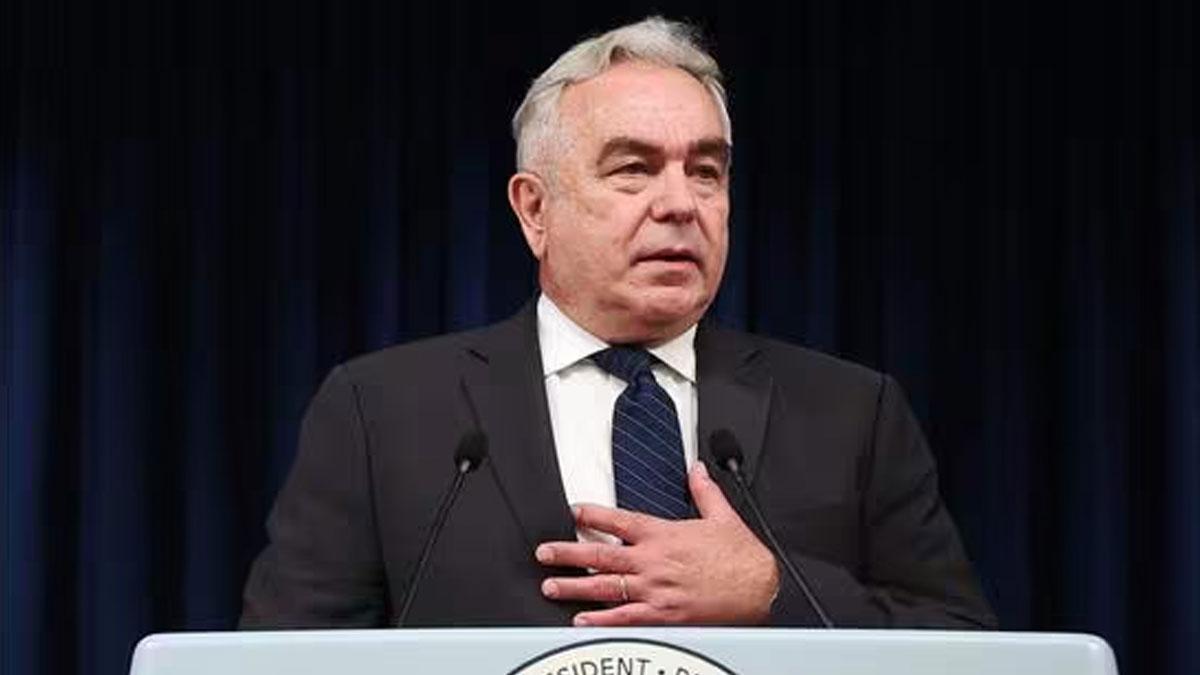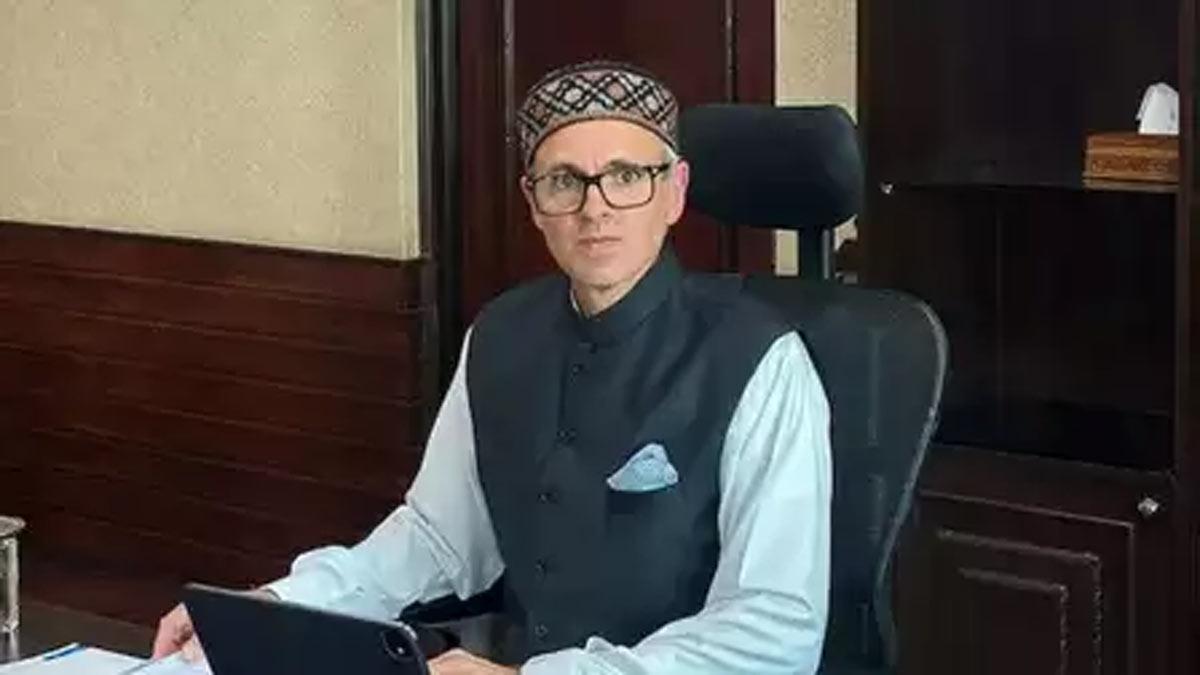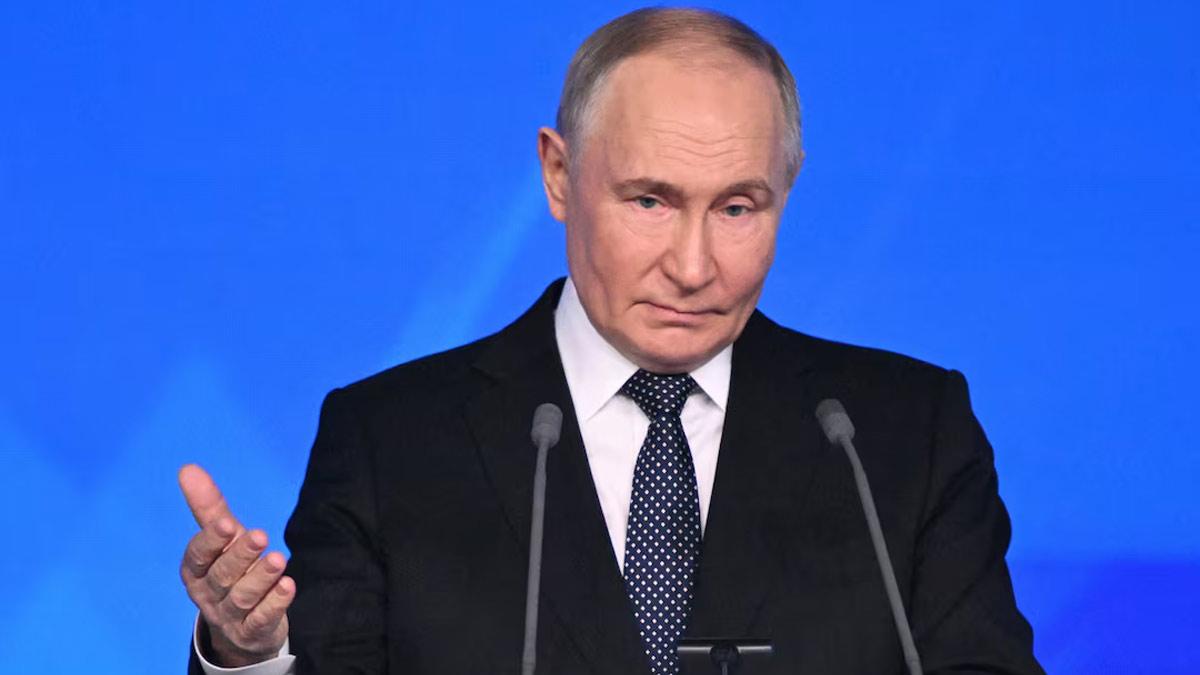India “will never become a formal ally or partner of the United States” due to its status as “a great power” with “its own beliefs, its own interests,” but both nations can still act as allies on the global stage, asserted Deputy Secretary of State Kurt Campbell.
During a Senate Foreign Relations Committee hearing in Washington on Tuesday, Campbell noted that lacking a formal alliance “doesn’t mean we can’t establish the strongest possible relationships as allied nations on the global stage.”
He added, “I do believe that we bent India’s trajectory in ways that are consequential and very much in our interests.”
Campbell emphasized that establishing a successful relationship with India is “probably the most important relationship for the United States to get right.”
His description of India’s pursuit of its own interests and alliances without formal agreements aligns with External Affairs Minister S. Jaishankar’s concept of strategic autonomy.
Campbell made these remarks while addressing a committee hearing on strategic competition with China, in response to an interjection from Republican Senator James Risch. Risch had expressed discomfort over recent images of Prime Minister Narendra Modi embracing Russian President Vladimir Putin during Modi’s visit to Moscow.
Nevertheless, Campbell acknowledged India as an “important actor” and recognized the significance of India’s and Russia’s “geographical location” and “historical connection.”
Campbell predicted that India would likely become more involved in Ukraine, expressing appreciation for this potential development. He stated, “I think India wants to play a responsible role globally.”
He added, “One of the hardest things to keep in mind is that India is also a great power and it has its own beliefs, its own interests.”
Campbell highlighted India’s unique appeal to the Global South and its unmatched ability to engage there, noting the US’s interest in collaborating with India in this context of China’s international diplomacy.
“You’ve got to take comfort in some of these things and recognize fundamentally that in many areas we’re engaged in, India is an active and supportive partner,” he said.
Regarding US cooperation with New Delhi, Campbell noted, “We’ve supported them in intelligence and military along the Line of Actual Control (on the border with China and) in the Indian Ocean.”
The Line of Actual Control has seen tense standoffs between Indian and Chinese troops, with the most recent significant clash occurring in 2022, resulting in casualties on both sides with makeshift weapons, as firearms are banned in that region.
On the people-to-people level, Campbell praised the Indian diaspora in the US and the positive sentiments in India towards the US. He remarked, “There is a wonderful diaspora in the United States that connects our two great countries.”
He concluded, “I believe that the vast majority of people in India want a better relationship with the United States. They’re grateful for our bipartisan attention. They liked the work that we’ve done together in education and technology.”
Read also | Supreme Leader Khamenei Commands Retaliatory Strike on Israel Following Haniyeh's Deat
Read also | Trump Accuses Radical Left Democrats of Installing Kamala Harris as a 'Puppet Candidate'


















